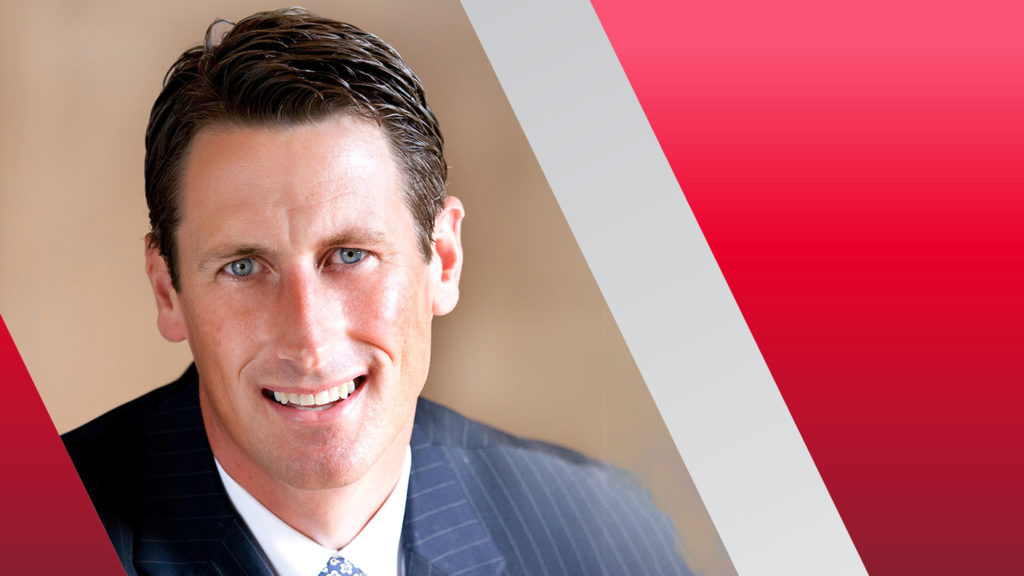
The long-term care reform that President Joe Biden is seeking will require a commitment toward real change of the healthcare system and how care is delivered for residents, according to Sean Kelly, president and CEO of The Kendal Corporation.
“I like the attention we’re getting as a sector. I like that people are noticing that something is not going as well as it needs to be or could be going in the long-term care space, especially in nursing homes,” Kelly told McKnight’s Long-Term Care News. “What I don’t like is the assumption that there’s a prescription that is already out there that we can simply execute.”
Biden’s reform package unveiled earlier this month includes more than 20 actions to improve quality of care, with minimum staffing requirements being a top priority. He also targeted “Wall Street” nursing home owners in his State of the Union Speech.

Kelly described Biden’s plans and comments as an “oversimplification of the problem” but they didn’t come as a surprise given the attention the sector has received since COVID-19. He said the reality was that industry was asked to do things in response to the pandemic but wasn’t secured access to the necessary resources and equipment.
“I really do see the opportunity for governments, providers, the healthcare system and the long-term care and senior living sectors to actually come together and divide something that’s a little bit new and different from what we’ve been able to provide for traditionally, especially in the nursing homes,” Kelly said.
Change, not minimum staffing, is needed
Kelly stressed that one thing all parties have to do is do a better job of repurposing funding that already exists to focus more on helping seniors before their health takes a turn for the worst.
“I know investment in social determinants of health and things like community connection, that not only fights isolation, but improves people’s lives by enabling them to be more connected to the people that they love, the people that they’re close to and their caregivers,” Kelly said.
That also requires more investment from providers into frontline caregivers to improve outcomes and take pressure off of the acute-care system at SNFs. Kelly added providers need to focus on quality, new ways of delivering care and services and new ways of understanding what healthcare and long-term care really is. He challenged others to put their “money where their mouth is.”
“The problem that I have with the minimum staffing requirement is that it assumes we’re just going to continue doing the same thing that we’ve always done and therefore throwing more bodies at something is just going to make it better,” Kelly said.
“I don’t know that we need new bodies. We need better training, we need higher standards, we need a commitment from folks to hold themselves and [their colleagues] to those higher standards or to the standards that we’ve already set actually,” he added.
Making investment more meaningful
At Kendal, that increased investment looks like paying a living wage, offering better healthcare and retirement benefits. It also means making the job meaningful to retain caregivers.
“We know that when we keep good people, we improve the quality of care that’s delivered, we improve the outcomes that our residents experience and we also improve things like continuity and consistency,” Kelly said.
He also said private insurers and Medicare Advantage programs are well-positioned to reconsider the things they’ll pay for under their plans with the expectation that if we do things more in the area of health and well-being before intervention is required.
“I think the real change requires us to think completely differently about healthcare and begin to think about health and well-being, especially among older people,” Kelly said.




